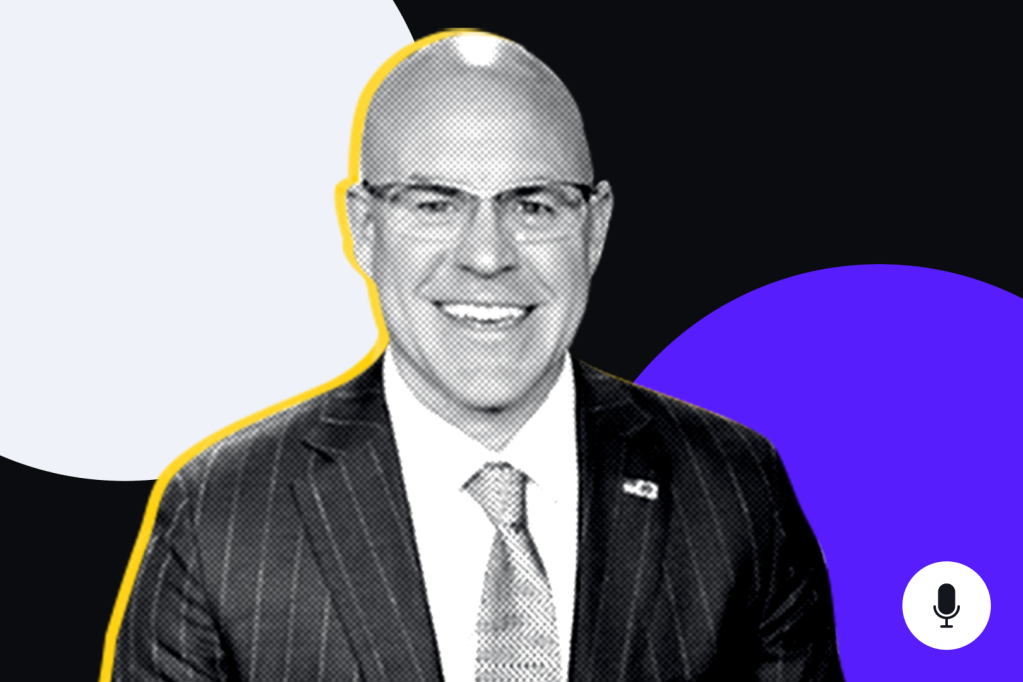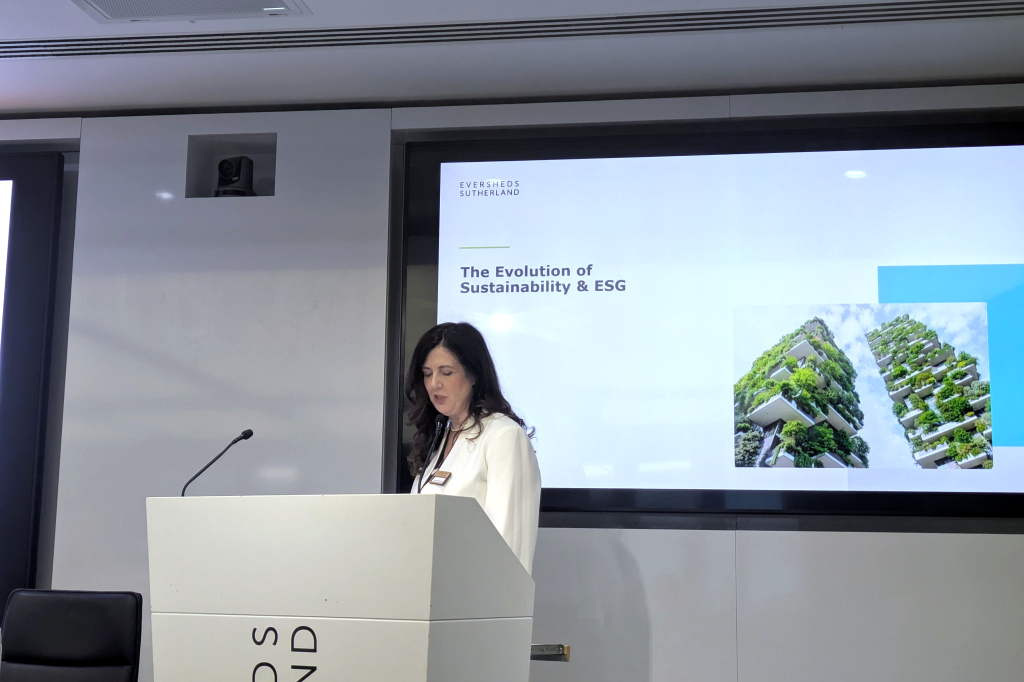The following is a transcript of the podcast Munib Ali, AlixPartners on navigating the crypto regulatory landscape between GRIP’s Commissioning Editor Jean Hurley and Senior Reporter Hameed Shuja with Munib Ali, partner at AlixPartners.
[INTRO]
Jean Hurley: Hello listeners, I’m Jean Hurley, Commissioning editor at GRIP. Today
Register for free to keep reading
To continue reading this article and unlock full access to GRIP, register now. You’ll enjoy free access to all content until our subscription service launches in early 2026.
- Unlimited access to industry insights
- Stay on top of key rules and regulatory changes with our Rules Navigator
- Ad-free experience with no distractions
- Regular podcasts from trusted external experts
- Fresh compliance and regulatory content every day


![What [the heck] is going on with vaccine policy in America?](https://www.grip.globalrelay.com/wp-content/uploads/2026/02/G-Vaccine-signage-2259640793.jpg?w=1024)










